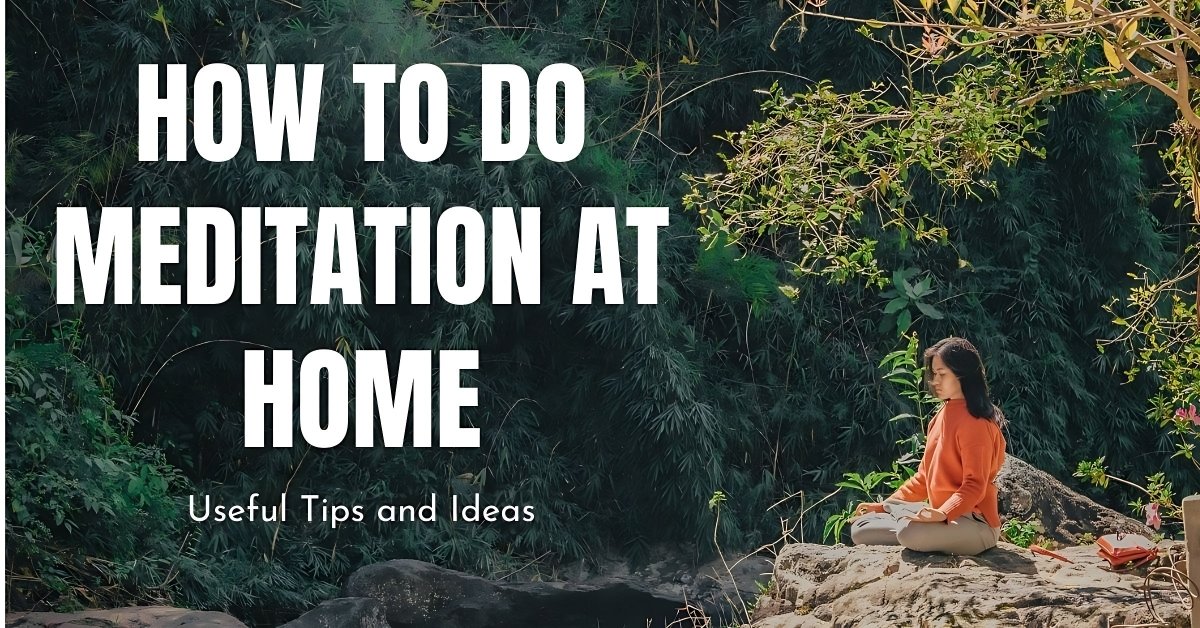Meditation is a fantastic practice! It's essentially a way to train your mind to focus and become more aware of your thoughts, emotions, and surroundings. There are various techniques, like mindfulness, focused attention, loving-kindness, and transcendental meditation, each with its own approach and benefits. Regular meditation can help reduce stress, improve concentration, promote emotional health, and enhance self-awareness. Have you tried meditation before, or are you interested in starting?
Ultimate Guide: Meditation at Home
Before you start:
- Set an intention: Decide why you want to meditate. Stress reduction, inner peace, better focus – any reason is valid.
- Choose a quiet place: Find a calm space with minimal distractions where you can relax and breathe comfortably.
- Prepare your body: Sit or lie down in a comfortable position with your spine straight.
- Close your eyes or soften your gaze: Focus inward or on a focal point to avoid external distractions.
Meditation techniques:
- Focused-attention meditation: Choose an object (breath, mantra, candle flame) and gently bring your attention back to it whenever it wanders.
- Open-monitoring meditation: Observe your thoughts and feelings without judgment, letting them come and go like clouds in the sky.
- Guided meditation: Use audio recordings or apps that lead you through specific visualizations or affirmations.
- Movement meditation: Practice mindful movement like yoga or tai chi to combine physical activity with meditation.
Here are some additional tips for successful home meditation:
- Start small: Begin with short sessions (5-10 minutes) and gradually increase the duration as you get comfortable.
- Be patient: Don't get discouraged if your mind wanders – it's natural. Gently redirect your attention and be kind to yourself.
- Create a routine: Find a regular time for meditation, ideally in the morning or evening, and stick to it as much as possible.
- Track your progress: Keep a journal to note your experiences and observe any changes in your moods or stress levels over time.
- Join a community: Consider online or in-person meditation groups for support and shared motivation.
Remember:
- Meditation is a practice, not a perfect state. Embrace the journey and enjoy the process of becoming more present and aware.
- There are countless resources available online and in libraries to explore different meditation methods. Experiment and find what resonates with you.
- Don't hesitate to seek guidance from a meditation teacher or therapist if you have any questions or challenges.
With dedication and a willingness to explore, you can discover the power of meditation for your own well-being and create a peaceful practice within the comfort of your home.
I hope this information helps you find your ideal way to meditate at home! Feel free to ask me any further questions you may have.










